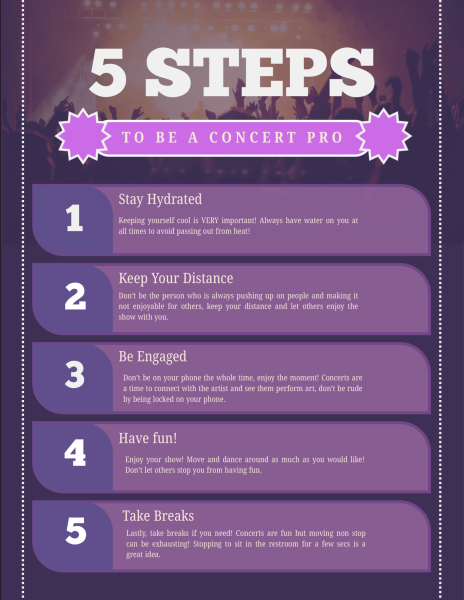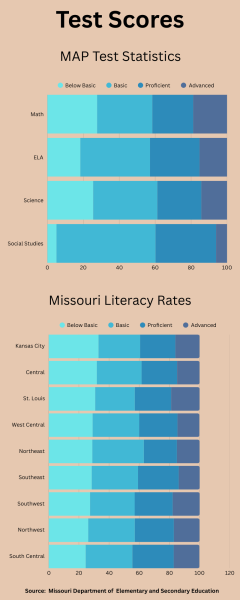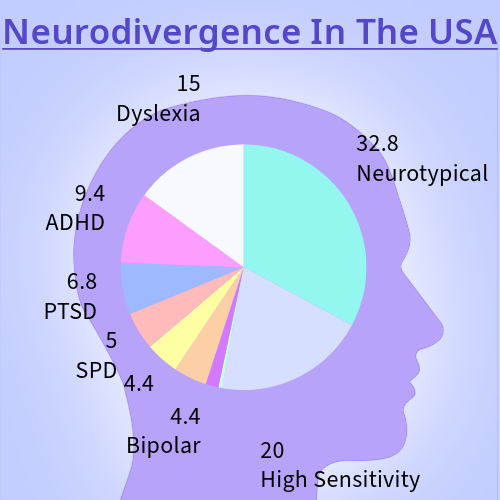Why you should fear AI
You should be scared of artificial intelligence – but not for the reasons you think
Not too long ago I was visiting some family friends who had recently gotten an Alexa. We were joking about the voice-command artificial intelligence – AI for short, and often referred to as ‘smart’ devices. As we laughed, my dad asked the machine, “Alexa, are you sending recordings of us to the FBI?” Our laughter died down as we realized that not only had the Alexa not answered – it had turned itself off.
You might be thinking, ‘maybe it ran out of battery, or never heard the prompt word.’ And that may be true. But it’s also true that the way these AI work is that they listen to everything we say in front of them. And this should be terrifying.
People fear AI because they think it might become too powerful like in the Matrix or Terminator. But in reality, AI may never reach the point where it has the ability to decide to kill humanity. AIs are built for a purpose, and they can’t expand outside that purpose without programming from humans. AI learn only within the parameters they are given. For example, a piece of AI designed to play Mariokart will be great at Mariokart. But it is never going to do anything but Mariokart. This is not because it can’t learn other skills, but because it doesn’t have the consciousness with which to make the decision to stop playing Mariokart. In fact, it doesn’t have consciousness at all.
Instead, the true danger of AI is the humans behind it. AI on its own is only a tool. But popular AI – ‘smart’ homes and ‘smart’ phones – surveil us at all times as a function of their programming. To listen for their prompt word, they must constantly send recordings of our private conversations back to the ‘cloud’ – a database monitored by humans. And unlike AI, humans have the consciousness and the capacity to do harm.
Consider for one moment the idea that the average American commits 3 felonies a day. Though this famous statement is exaggerated, it is true that a tangle of outdated and vaguely-worded laws means that most people have committed federal crimes without ever realizing they’re crimes at all.
You may be thinking, “Just pay more attention to what you’re doing. As long as you’re not doing anything really wrong, like murder, you have nothing to fear from surveillance.” But you’d be wrong.
Unintentional crime is not an issue when no one knows that these crimes are being committed. But surveillance has provided enough evidence to convict people of these crimes. In reality, it’s not feasible to actually do so. There is not the manpower.
So, someone has to decide which crimes need to be prosecuted. The government is then given the power to decide what crimes they are going to go after – and which people they are going to go after.








